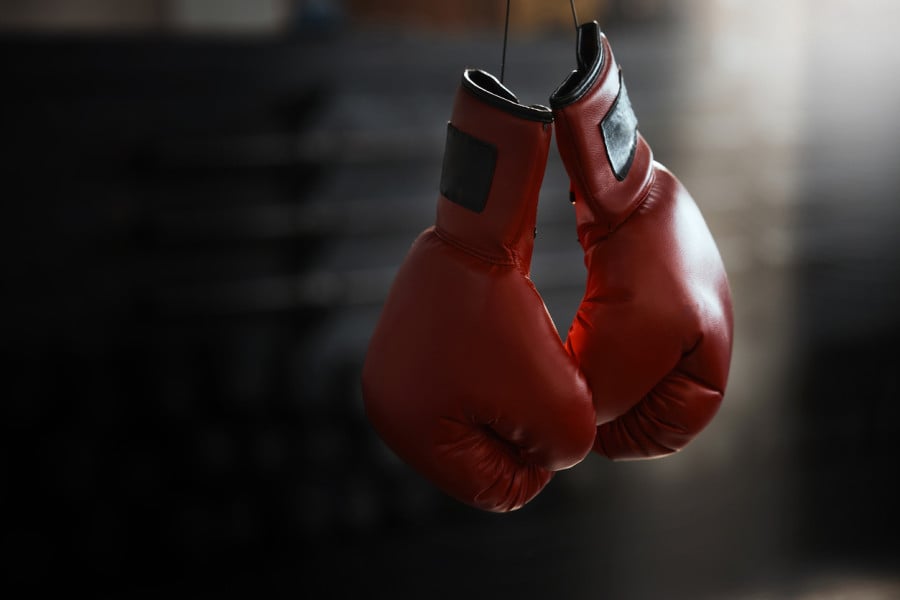Legal uncertainty for DSD athletes: Reviewing DSD eligibility criteria in the Olympic Games

The article looks at that the current patchwork of DSD eligibility criteria which creates legal uncertainty and violates human rights, advocating for uniform IOC standards that would allow all cisgender female DSD athletes to compete without restrictions.
It begins with a historical perspective on gender segregation in sports, followed by exploring the genetic variants associated with DSD athletes. It then examines the recent cases of Imane Khelif and Lin Yu-ting in boxing and compares the handling of these two cases with the Caster Semenya case, drawing attention to the varying roles of the IOC and International Federations. Throughout, the article evaluates the scientific evidence underpinning eligibility criteria for DSD athletes. In the author's opinion, the current status quo creates an unacceptable legal uncertainty for DSD athletes. The article offers specific recommendations on fairness and inclusion in sport.
Introduction
As has been well documented, elite athletes have been traditionally divided into male and female categories based on social norms and physiological characteristics. Handelsman (noted world-leading authority on androgen physiology, pharmacology and toxicology)[1] explains the rationale behind the need for a female protected category:
“Male puberty creates durable physical advantages due to the 20- to 30-fold increase in circulating testosterone producing a sustained uplift in men's muscle, bone, hemoglobin, and cardiorespiratory function resulting from male puberty and sustained during men's lives.” (Handelsman 709)[2]
Apart from countries which impose strict limitations on female sport participation, and even stricter segregation between male and female athletes for religious reasons, the boundaries between the two categories have been increasingly challenged. It is not only because women’s sport is becoming more competitive and attracts greater media and commercial recognition. Policing the sex binary is increasingly fraught in sport, as well as in society at large.
The narrowing gender gap between male and female athletes has stirred debates in the wake of cisgender (a person whose gender identity corresponds to their sex assigned at birth[3]) (CIS) female athletes born with Differences of Sexual Development (DSD) accused of compromising the hallowed principle of the level-playing field. The Caster Semenya controversy and litigation have polarised groups campaigning against changes to the female category[4] and human rights advocates championing the right of all CIS female athletes to compete.[5] Strong denunciations of the “erasure” of women’s biological sex and the International Olympic Committee’s (IOC) alleged subservience to “gender ideology” have resurfaced following the defeat of Angela Carini at the 2024 Paris Games.[6] Some women’s advocacy groups have been critical of the IOC over its decision to allow DSD athletes Imane Khelif and Lin Yu-ting to compete.[7]
Table of contents
To continue reading or watching login or register here
Already a member? Sign in
Get access to all of the expert analysis and commentary at LawInSport including articles, webinars, conference videos and podcast transcripts. Find out more here.
- Tags: Athlete Rights | DSD Regulations | Olympic | Regulation | Transgender
Related Articles
- Not by gender, not by sex, but by testosterone saith the IAAF: International athletics and the new Female Eligibility Regulations
- Sex on a spectrum in the binary world of sport: the CAS’s decision in the case of Caster Semenya & Ors v the IAAF
- The Final Yards Of Caster Semenya's Human Rights Appeal: Background & Broader Implications
- A guide to the regulation of transgender athlete participation in sport
- A comparison of changes made by international sports federations to the regulation of transgender women athletes
- Caster Semenya's victory at the ECHR: A landmark case for athletes' human rights
- Sport, Safety & Participation – Annual Review 2024/25
- The legal definition of sex and its impact on UK sport: For Women Scotland v The Scottish Ministers
Written by
Pascal Zinck
After several stints as a lecturer at the Law School of CY Cergy Paris Université and Université Paris Nanterre, Dr. Pascal Zinck joined the Sorbonne PN Université Law School as a Senior Lecturer in 2014, teaching at the Graduate School (LLM2 Employment Law Litigation; LLM2 Sports Litigation & Arbitration; LLM UK and US Civil Litigation; LLM UK & US Criminal Law; MA in Geopolitics). Since 2017, he has been teaching similar courses at Graduate and Undergraduate levels twice a year in Athens at USPN’s Kollegio IDEF.




